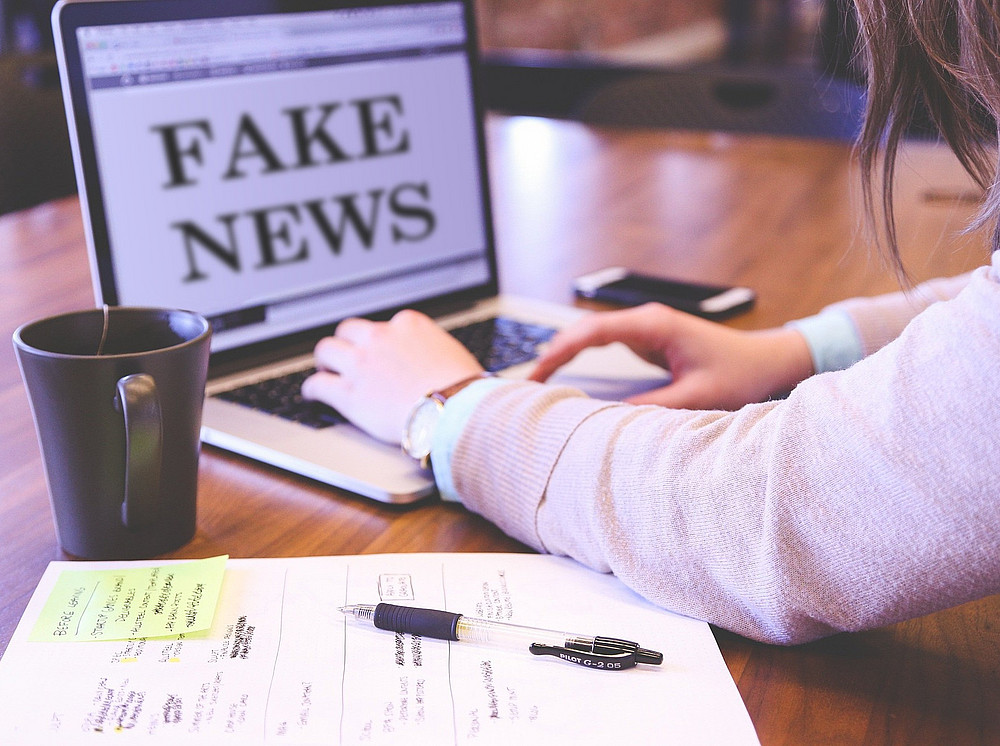Do educational games help in the fight against fake news?

A systematic literature review provides more clarity. Contributors to the study Manuel Ninaus from the Institute of Psychology at the University of Graz also contributed to the study. But more research is needed - and more funding in the area of basic research and application.
Misinformation and fake news pose a significant challenge to society. Critical reading skills are crucial in the fight against misinformation. "Game-based interventions have shown promising results, but the research landscape needed an overview," says Manuel Ninaus from the Institute of Psychology at the University of Graz. Recently, together with his two colleagues Kristian Kiili and Juho Siuko from the University of Tampere, he published a systematic literature review on the use of (educational) games in the fight against fake news. "Our systematic literature review examined how games have been used to tackle misinformation and uncovered important trends in game design," says Manuel Ninaus.
In their study, the three scientists analyzed 15 articles. Most of the games were based on inoculation theory, which deliberately exposes players to misinformation and manipulation techniques in order to build up resistance and learn how fake news "works". One very successful example is the so-called Bad News Game. The studies mainly took place in informal settings with adult participants. Positive results were reported in all studies.
"Although the results are promising, this field of game-based education is still very young and there are few studies," emphasizes Manuel Ninaus. "We must continue to work on developing and evaluating empirically based educational games in this area. This requires the appropriate funding in the area of basic research and application."
